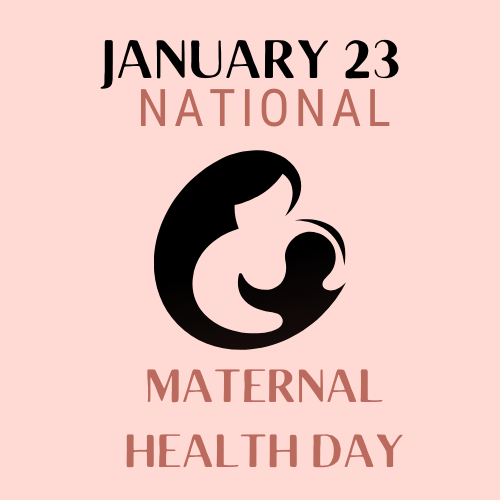 Maternal health is a critical aspect of overall well-being, and its significance is particularly pronounced in rural communities. In these areas, access to quality healthcare resources is often limited, posing unique challenges for pregnant women and new mothers. The lack of easily accessible healthcare facilities, skilled professionals, and educational programs can lead to delayed or inadequate prenatal care, increasing the risk of complications during pregnancy and childbirth. Addressing maternal health in rural communities is essential for ensuring the health and survival of both mothers and their newborns.
Maternal health is a critical aspect of overall well-being, and its significance is particularly pronounced in rural communities. In these areas, access to quality healthcare resources is often limited, posing unique challenges for pregnant women and new mothers. The lack of easily accessible healthcare facilities, skilled professionals, and educational programs can lead to delayed or inadequate prenatal care, increasing the risk of complications during pregnancy and childbirth. Addressing maternal health in rural communities is essential for ensuring the health and survival of both mothers and their newborns.
One of the primary reasons maternal health is crucial in rural areas is the vulnerability of pregnant women to complications. Limited access to prenatal care can result in undetected health issues, contributing to a higher incidence of maternal mortality and morbidity. Moreover, the physical distance to healthcare facilities may hinder timely emergency interventions, making it imperative to prioritize maternal health initiatives that bring services closer to rural communities. By improving access to prenatal care and skilled birth attendants, the likelihood of preventing and managing complications increases, positively impacting maternal and infant outcomes.
Another aspect to consider is the economic impact of maternal health on rural communities. Healthy mothers are better positioned to contribute actively to the workforce and community development. When maternal health is neglected, the cycle of poverty can persist as families may struggle with the consequences of maternal morbidity or mortality. By investing in maternal health programs in rural areas, communities stand to benefit from improved productivity and economic stability, breaking the cycle of poverty and fostering sustainable development.
Furthermore, addressing maternal health in rural communities promotes gender equality and empowerment. Prioritizing maternal health involves addressing these systemic issues and empowering women with the knowledge and resources needed to make informed decisions about their health and the health of their families. This, in turn, contributes to the overall well-being and resilience of rural communities, fostering a more inclusive and equitable society.
In conclusion, maternal health is a vital component of public health, and its importance is accentuated in rural communities. By addressing the unique challenges faced by pregnant women and new mothers in these areas, we can improve health outcomes and contribute to the overall well-being and empowerment of rural communities. It requires a holistic approach that encompasses improved access to healthcare, economic opportunities, and educational initiatives tailored to the specific needs of these populations.
Resources:
HRSA Maternal and Child Health Bureau

